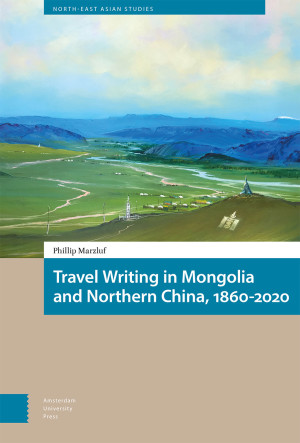Travel Writing in Mongolia and Northern China, 1860-2020 invites readers to explore Mongolia as an important cultural space for Western travelers and their audiences over three historical eras. Travelers have framed their experiences and observations through imaginative geographies and Orientalizing discourses, fixing Mongolia as a peripheral, timeless, primitive, and parochial place. Readers can examine the travelers’ literary and rhetorical strategies as they make themselves more credible and authoritative and as they identify themselves with Mongolians and Mongolian culture or, conversely, distance themselves. In this book, readers can also approach travel writing from the perspective of women travelers, Mongolian socialist intellectuals, twenty-first-century travelers, and a Han Chinese writer, Jiang Rong, who promotes cultural harmony yet anticipates the disappearance of Mongolian culture in China.

